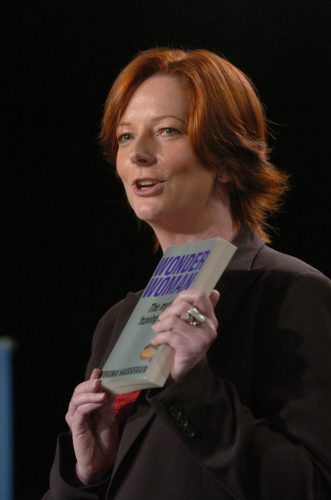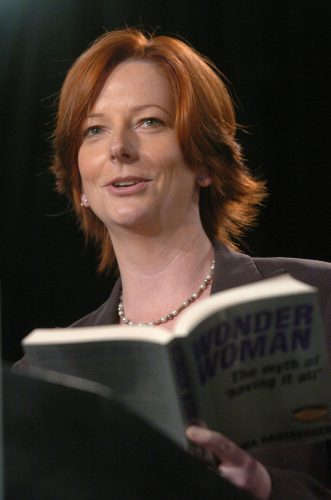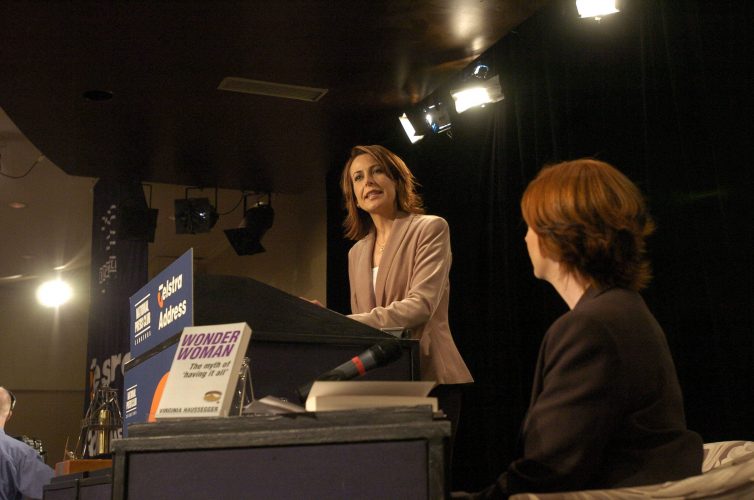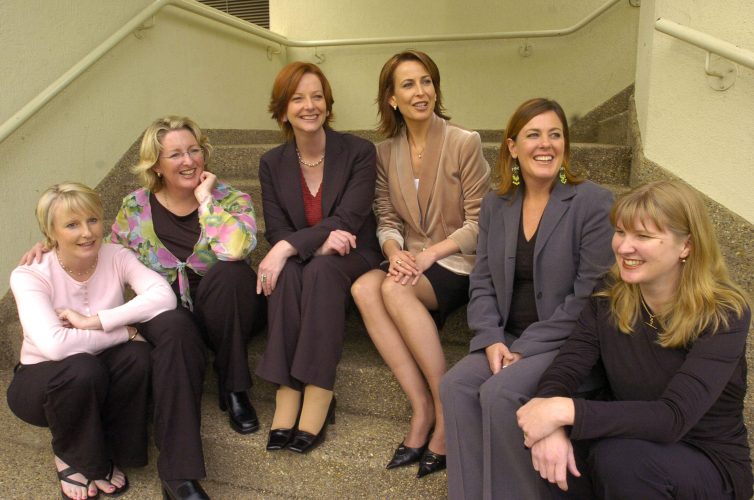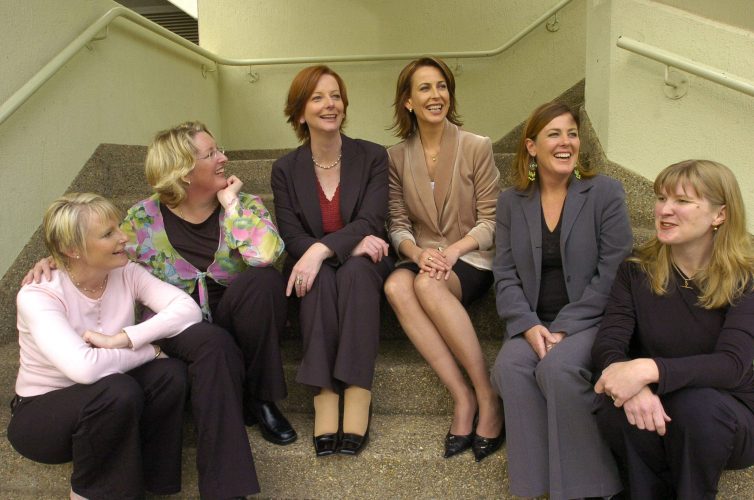Women are the harshest and the most unforgiving critics of other women. And the ”mother wars” are the ugliest of battles. There are no winners, just losers – all women. Jacqui Burke should know that.
This week has seen a war between two politicians who hold the most senior roles currently held by women in ACT politics. Given their high profile, their ugly public spat has made headlines. And the fallout has ramifications for us all.
The issue is over working mothers and the distractions of motherhood in the workplace, and whether it’s appropriate to bring a newborn baby into an office for up to 10 hours a day, every day of the week.
Burke, the ACT’s Deputy Opposition Leader and shadow health spokeswoman, will deny this is the issue. She says it has nothing to do with motherhood and everything to do with ministerial competency or lack thereof.
Burke’s target, Health Minister and Deputy Chief Minister Katy Gallagher, recently returned to work after six weeks’ maternity leave. She now takes her nine-week-old, breast- fed baby, Evie, with her to work.
On Wednesday, during a long- winded critique of the ACT’s health system, this is what Burke said about Gallagher: ”We have a part-time Health Minister, she’s not fully committed to the job, she’s unable to be fully committed to the job and I make that quite clear.”
Burke certainly did make her position ”quite clear” unwittingly. By the end of the week Burke was back- pedalling fast. She claims that the term ”part-time” is a common phrase used ”to indicate a minister has not performed”, and that performance and competency was all she had in mind when she hurled the attack. Yesterday she even suggested that maybe the word ”slacker” might have been more appropriate, as that’s something Australians perhaps understand better.
Gallagher, who is struggling to balance her baby’s needs with the demands of her job, lashed back at Burke, demanding an apology. The normally unflappable minister was clearly stung by the attack on her work commitment, and the unspoken reference to the fact she is openly and publicly juggling her roles as minister and nursing mother.
Then, just when she could have calmed the growing stoush, Burke turned it up a notch. Rather than state her support of Gallagher’s efforts to juggle the complex demands of work and family, she instead claimed she herself was the victim of misrepresentation and in need of an apology. The spat then deteriorated to an embarrassing farce when Burke topped that by babbling about how ”professional women” should behave.
Is it any wonder we have such a miserable representation of women in senior positions of leadership in Australia, particularly in politics, when this kind of sentiment lurks just below the surface?
Burke, fully backed by her party leader Bill Stefaniak, will tirelessly insist that she has sympathy for women trying to juggle motherhood and work. But it is nevertheless disingenuous of her to suggest that the presence of Gallagher’s baby each day in the Assembly wasn’t a key factor in her attack on the minister’s ability to ”fully commit” to her job.
It’s becoming a tired old cliche now, but it’s also hardened fact – borne out again by this week’s spat – that Australian workplaces do not support women with young children. And it’s not just workplaces that are failing women, it’s our work cultures and the attitudes and prejudices that we allow to perpetuate.
So is it appropriate to take a young baby to work, keeping her in an office all day? Probably not. I doubt it’s good for the baby and I suspect it is a constant distraction for the mother. Gallagher is unflinchingly honest about this. ”Yes, it’s extremely difficult,” she says. But what is the alternative? Should someone as highly positioned and highly regarded as Gallagher give up and go home?
When pressed, Gallagher admits that she couldn’t take a full year off work and expect to return to her current role. Couldn’t someone fill in for her? ”No, this job just doesn’t lend itself to someone acting in it for a whole year,” she says. Which is arguably true of most senior roles.
And therein lies the problem. While Australia desperately needs to attract more women into leadership positions, we can’t seem to get our heads around real work flexibility.
Professor Barbara Pocock, the first to coin the phrase ”the work/life collision”, has long argued for a more sophisticated approach to job arrangements in Australia. She points to Nordic countries as leading the way in maternity leave, where there is an ”ingrained expectation that women will take a full 12 months off”. She says that expectation means women’s choices are not questioned and criticised in the same way Australian women’s are.
But most importantly, Pocock says such strong cultural acceptance of women’s absence from work means that they aren’t penalised or demoted for taking time out to have children. On this front, Australia still has a painfully long way to go.
In the meantime, Evie will continue to gurgle in the background as the Health Minister does media interviews over the phone.
It’s an unfamiliar and unexpected office noise, but one we need to get used to.
